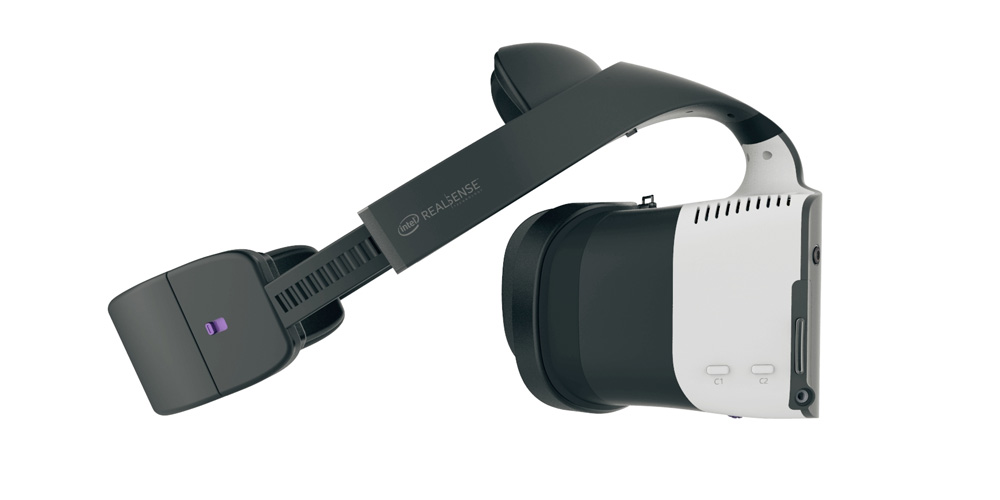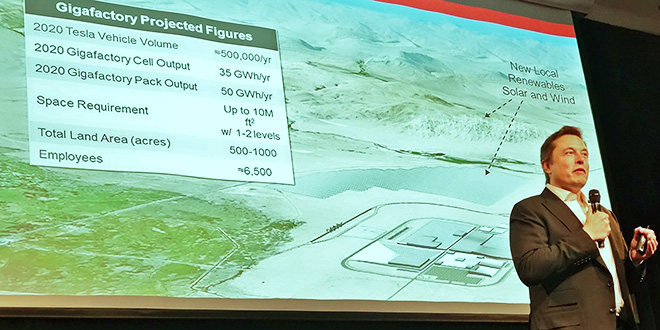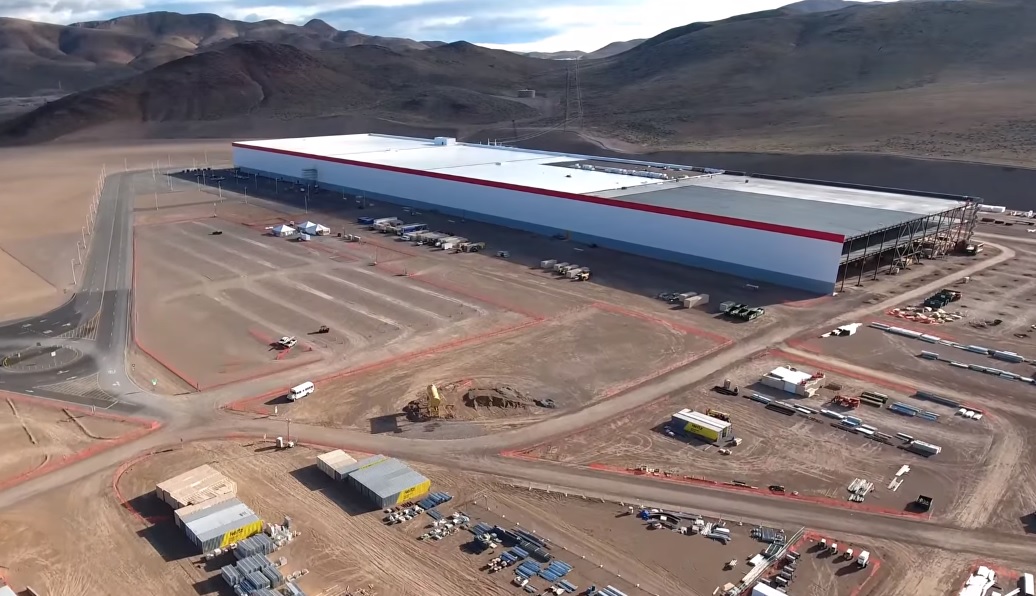Self-driving cars is a mucky business. Many, such as Ford and Alphabet (the spin-off of Google) claim that self-driving cars will dramatically cut down on accidents, and yet we've already seen such vehicles getting into accidents, such as Tesla's autopilot going wonky leading to deadly crashes. Nevertheless, many people will be happy to give up the freedom to operate a vehicle in exchange for a zero-accident rate, buy the technology seems from reaching that point. Will it ever reach that point?
| Transforming the world never looked so easy. . . |
In a recent interview with MIT Technology Review, Christopher Hart--appointed by President Obama as the Chairman of the US National Transportation Safety Board--claimed that indeed self-driving cars would radically reduce the vehicle accident death rate, with the target of "no deaths whatsoever." However, given the complexity of an AI navigating streets, buildings, pedestrians, and other vehicles, Hart maintains that the points of failure would be too great to rely solely on a computer to drive by itself without human management. However, a human and a machine driving a vehicle together also poses numerous challenges, with demand placed on the the human's ability to work with the machine. Hart states,
The challenge is when you have not-so-complete automation, with still significant human engagement—that's when the complacency becomes an issue. That's when lack of skills becomes the issue. So our challenge is: how do we handle what is probably going to be a long-term scenario of still some human engagement in this largely automated system?
One thing this seems to suggest is an overhaul of driver training with more attention focused on human/machine interaction, i.e., how to drive a hybrid human/machine vehicle. This learning curve could indeed lead to a higher number of accidents and death, at least at the outset and over period of time until the technology shifts to fully autonomous.
Hart, however, is too myopic in his view of technology. To me, it is appropriate to be an optimist in technological advancement but a pessimist in its outcomes. As Kurzweil and others maintain, technology advances exponentially as the tools of a previous step-change creates the conditions of a leap in the next one (ever faster computers creating ever fast computers). Hence for Hart to admit that,
I'm not confident that we will ever reach that point. I don’t see the ideal of complete automation coming anytime soon.
means that he is not quite looking at the way technology advances. He may, as many others do, be planning for a hybrid system--human/machine--to remain for a decade or more; but he will be surprised when full automation happens prior to that.
And while people love the freedom of driving, when automation proves to be safer than human-driven vehicles, then it will be a liability to drive a car on your own, regardless of how you feel about it. And with Tesla and Uber coming out with grand strategies for transforming how society facilitates vehicles, we are going to see autonomous vehicles driving legally sooner than we think. We have already seen one instance in which Google has gone before congress to pass laws that would place less restriction on autonomous vehicles for the purpose of testing them.
People like Hart, while well-informed and very good at what they do, who fail to understand and appreciate the power of technology will always be caught flat-footed when massive changes hit society hard. Like Kodack being beat out of the photo business by digital media, or record producing companies beat out by iTunes, those who believe that 5 years from now will look pretty much the same as today will be unable to adapt and thus unable to perform their jobs--they will become obsolete by the very technology they underestimate.











